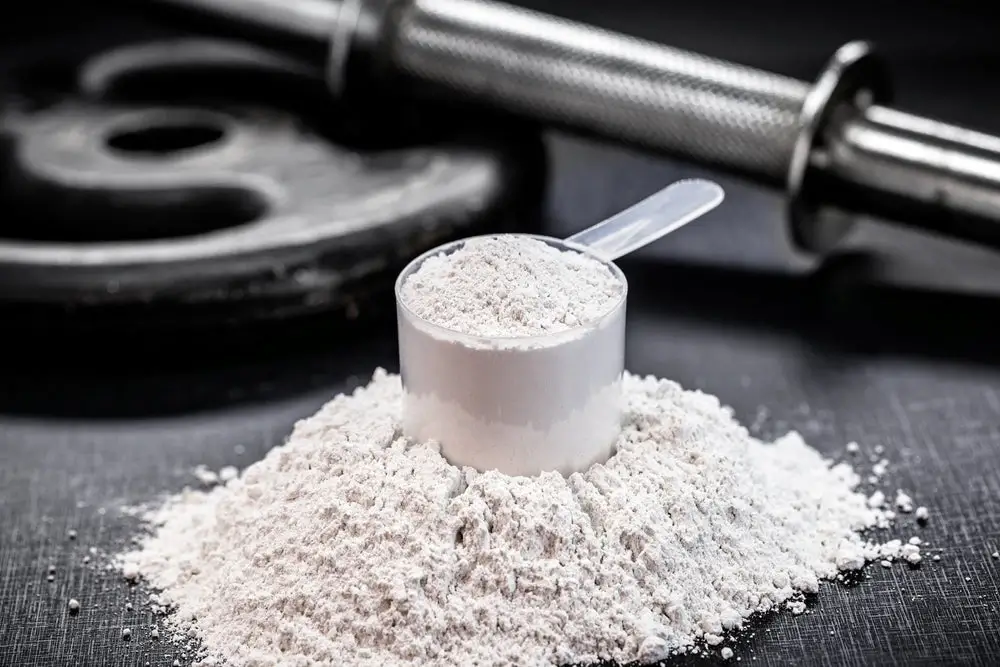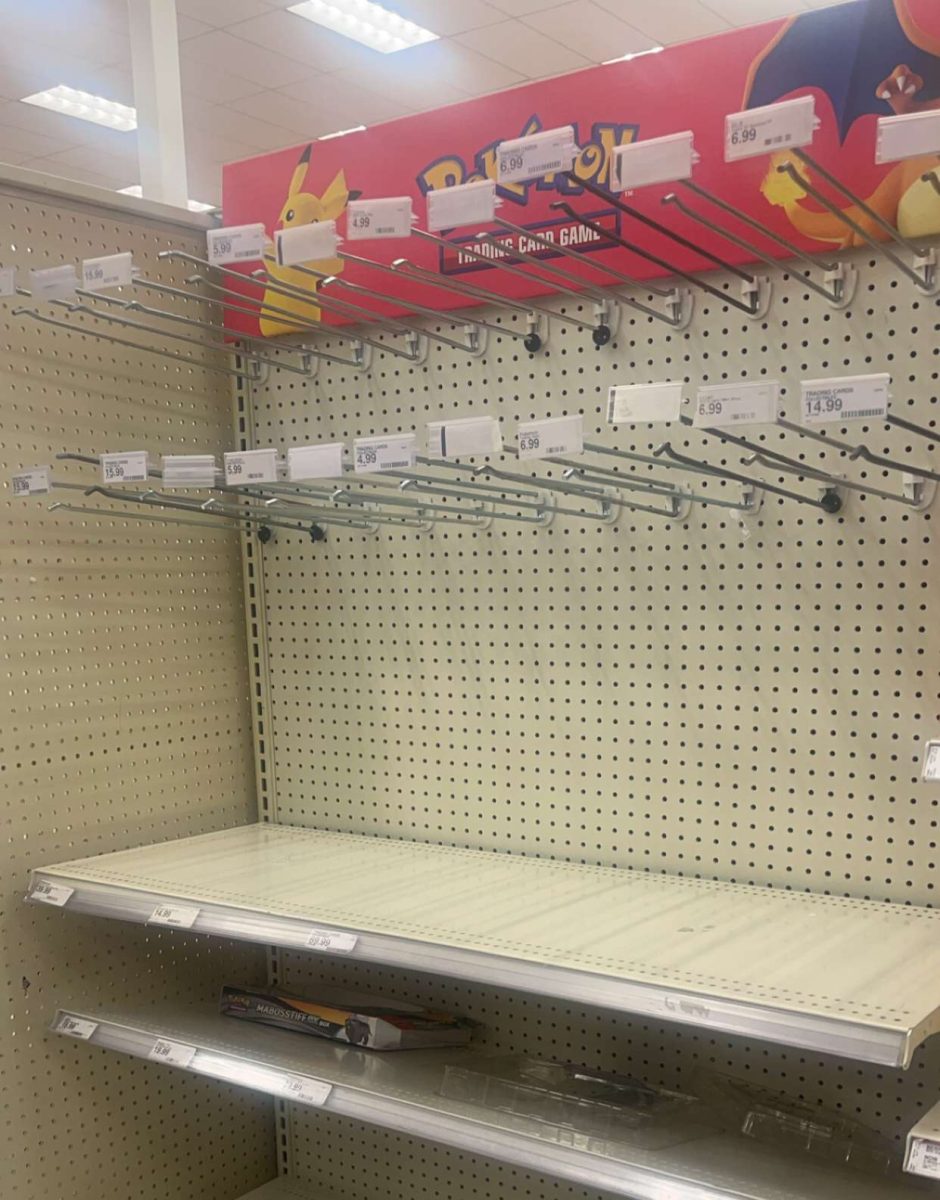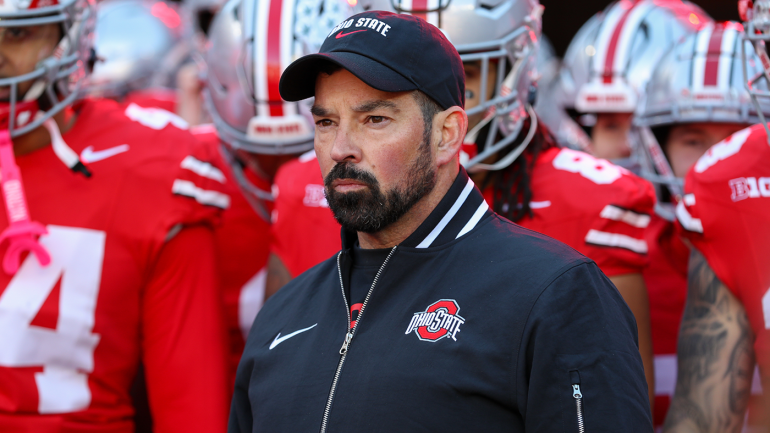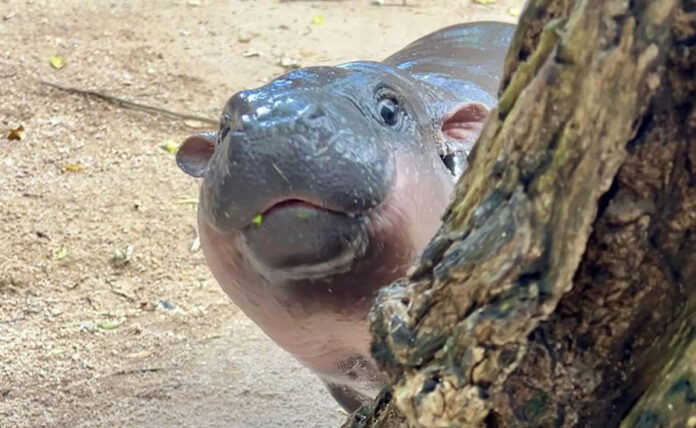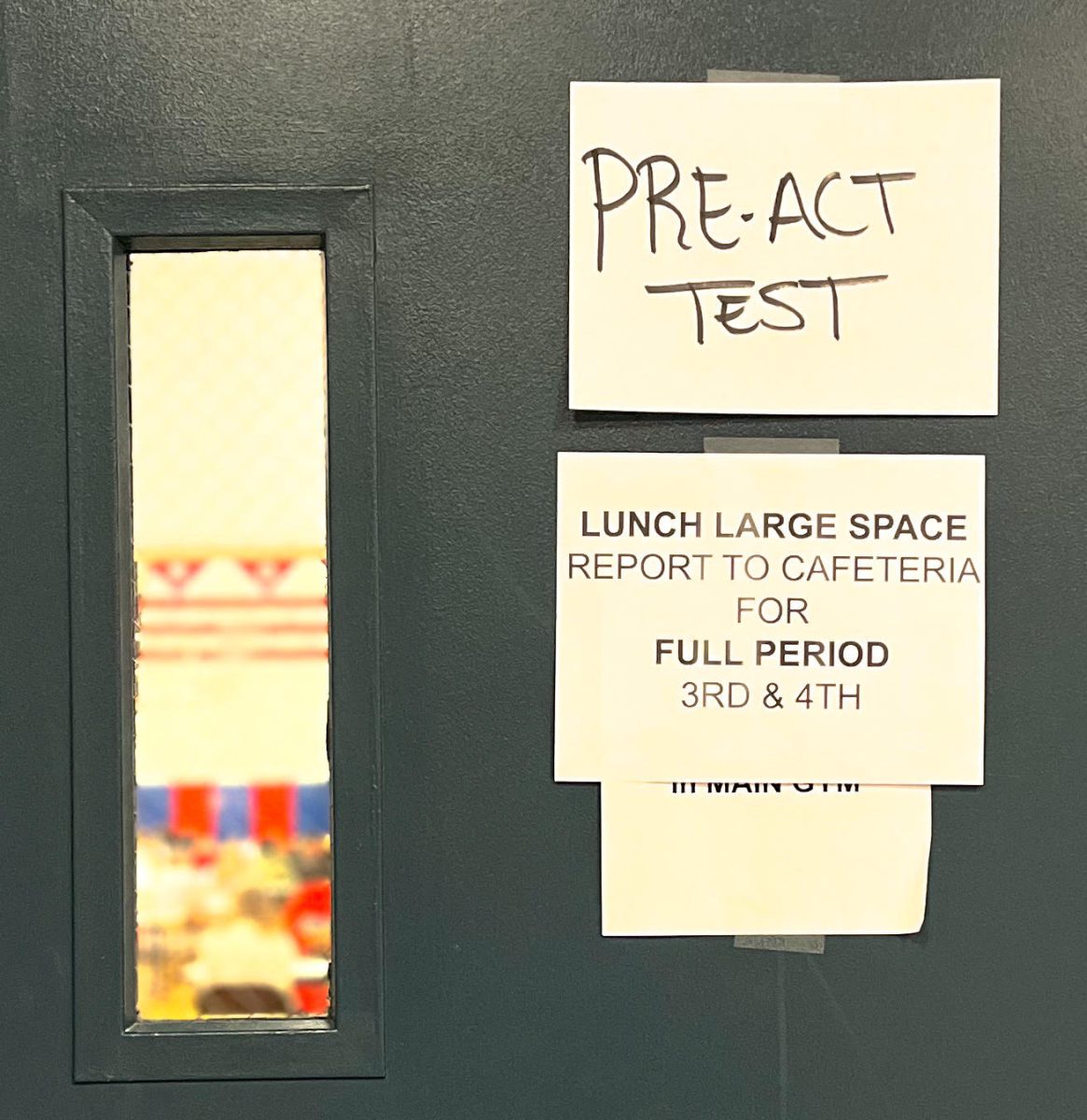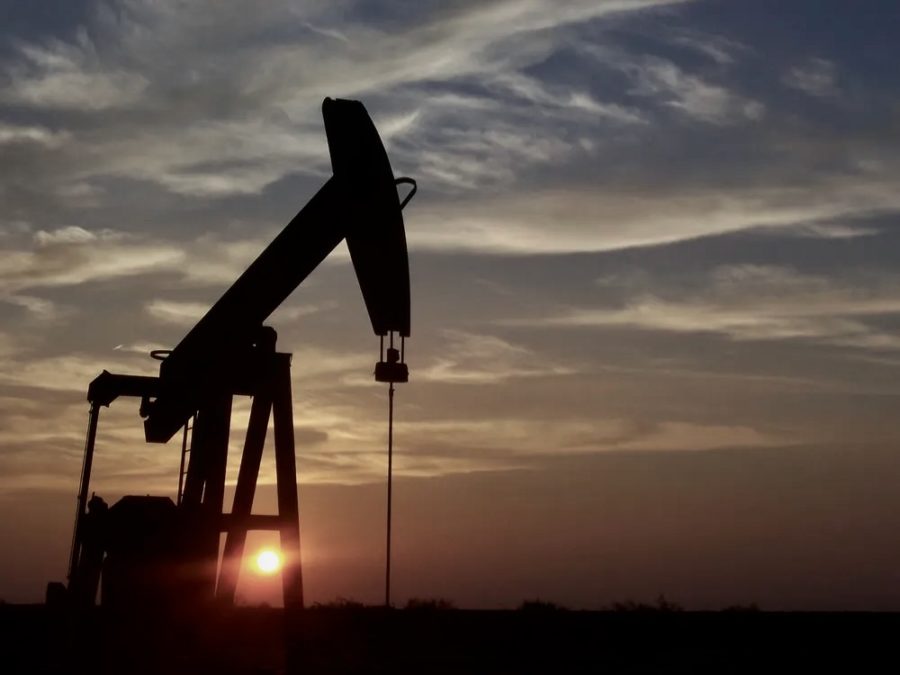The Willow Project: Impact and Implications
An oil well, courtesy of Google.
April 12, 2023
A massive, environmentally detrimental oil drilling project in Alaska was just approved by the Biden administration this past Monday. The Willow Project plans to produce up to 180,000 barrels of oil per day and will make up “1.5% of total U.S. oil production” according to NBC News. Just this year 498,000 barrels of oil per day flowed down the trans-Alaska pipeline.
“The arctic circle is a disaster,” Biden claimed in 2020 when he spoke during his campaign. He promised voters that he was “totally opposed to it…no more drilling on federal lands.” The company ConocoPhillips is responsible for the project and plans to drill in five sites, but the U.S. Bureau of Land Management narrowed it down to three sites.
The project is set to reserve protected areas such as the Teshekpuk Lake, Utukok Uplands, Colville River, Kasegaluk Lagoon, and Peard Bay Special Areas. These locations are known for their dense population of grizzly bears, polar bears, caribou, and thousands of migratory birds. According to CNN Politics, “In addition to concerns about the fast-warming Arctic, groups are also concerned the project could destroy habitat for native species and alter the migration patterns of animals including caribou.”
Although, this does not account for the fumes produced by drilling machines that could waft into the protected habitats. The Biden administration proposed “planting more trees on national forests to capture and store carbon dioxide” said NBC News. The reforestation plan was left out of the final decision.
The Willow Project will produce 2,500 jobs and millions in revenue, but at what cost? “By the administration’s own estimates, the project would generate enough oil to release 9.2 million metric tons of planet-warming carbon pollution a year – equivalent to adding 2 million gas-powered cars to the roads,” CNN Politics said.
Costing 8 billion dollars for the project, many protesters and environmentalists were furious as a result of how much CO2e will be produced on the project. “More than one million letters of protest were written to the White House, and a Change.org petition calling for Willow to be halted drew more than three million signatures,” said BBC.
Not only is the Willow Project gonna impact many animals on the surface, but it will also have effects on the ocean. “Willow is a carbon bomb that cannot be allowed to explode in the Arctic,” said the senior regional director at the non-profit Wilderness Society, Karlin Nageak Itchoak, talking to The Guardian about the effects it will have on the ocean.
With many residents of Alaska already seeing the effects in the wildlife from existing oil and gas extractions, many worry about what is going to happen once drilling starts happening when the Willow Project starts. “Residents of Nuiqsut, the closest Alaska Native community, have spoken out about sick fish, malnourished caribou and toxic air quality, directly caused by existing oil and gas extraction within their homelands.” The Guardian said.
“The United States, the second biggest polluter on the planet after China, emits about 5.6 billion metric tons of carbon dioxide annually,” The New York Times said. Having the Willow Project start will only be adding to the existing pollution and damage that has been done to not only animals but to our planet.







